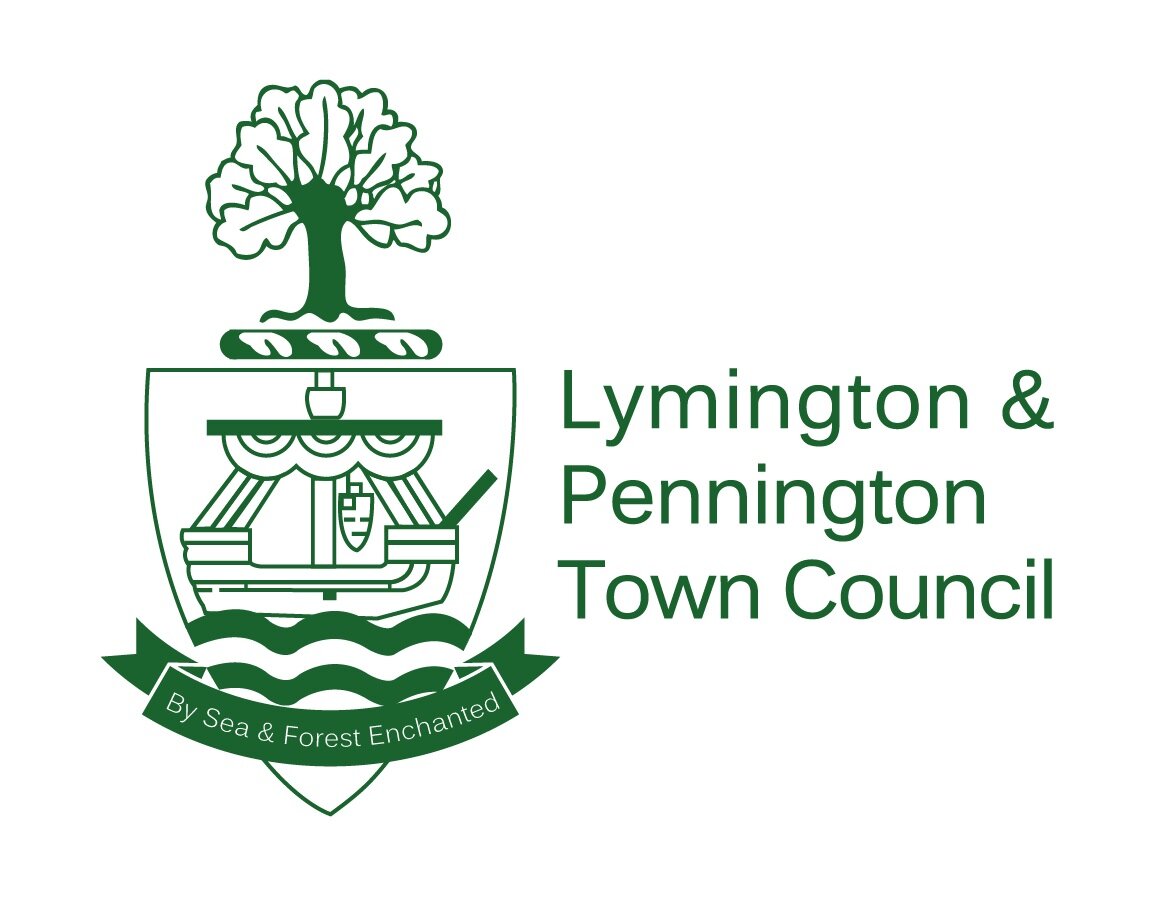Lymington and Pennington's Neighbourhood Plan
Lymington and Pennington Town Council is creating a Neighbourhood Plan (NP) for Lymington & Pennington which is intended to provide a policy framework to resolve and manage the long-term success of the Town. New Forest District Council adopted the current Local Plan 2016 –2036 for the District in 2020. This sets out planning policies and where new development should be located. Lymington and Pennington will need to accommodate new housing and our Neighbourhood Plan enables us as a local community to shape where and how this development should happen.
Neighbourhood Plan Team
The Neighbourhood Plan Team consists of a Steering Group created to make decisions and liaise with members of the community and working groups that look into different aspects supporting the potential development in our area. The Working Groups comprise of local residents who live and work in the Town Council's area and have a particular skill in or interest in their respective Working Group.
The Steering Group
Councillor Jack Davies - Chair of the Steering Group
Councillor Alan Penson
Councillor Simon Morgan
Councillor Hannah Phillips
Councillor Barry Dunning
Councillor Colm McCarthy
Councillor Martina Humber
What is a Neighbourhood Plan?
Neighbourhood Planning is a right for communities introduced through the Localism Act 2011. A Neighbourhood Plan provides the opportunity for communities to set out a positive vision for how they want their community to develop in the future. A Neighbourhood Plan enables communities to play a much stronger role in shaping the areas in which they live and work and in supporting new development proposals. A Neighbourhood Plan forms part of the development plan and sits alongside the Local Plan prepared by the local planning authority. Neighbourhood Plans need to comply with strategic policies at national level and with the District Council’s Local Plan.
Who will take notice of the Neighbourhood Plan?
With a Neighbourhood Plan the Parish Council, The Local Council and the District Council will have to take notice: the Plan sits alongside the Local Plan which all Councils are required to prepare and follow. The Neighbourhood Plan, if adopted into the Development Plan, is seen as a democratic voice of the community and so will be ignored at peril. Without a Neighbourhood Plan, the community’s voice will not be heard as directly, and the community will be forced to rely on development recommendations made at arms length, such as decisions taken in the Parish Council, Town Hall or District Offices.
Will it stop development?
With the UK and the South East in particular growing, development cannot be stopped. What a Neighbourhood Plan can do is to recommend the type of development, and to restrict development to areas that the community thinks is appropriate and in line with the capacity of local infrastructure. A Neighbourhood Plan can also make it very difficult for an opportunistic developer for example, to impose its vision on the area, as Council Planners will have to consult the Neighbourhood Plan within the overall Development Plan, and must have a very good reason to override it. Any decision that goes against the fully adopted Neighbourhood Plan will be easier to challenge in law.
What if I don't want development?
Unfortunately this is unrealistic: a zero development plan will be simple for the Planning Authorities and any developer to reject as being against the country’s obvious development needs. But with an approved Neighbourhood Plan, development can be restricted to the minimum and more importantly can only take place where the community wants it, with a look and scale in line with the community’s wishes.

